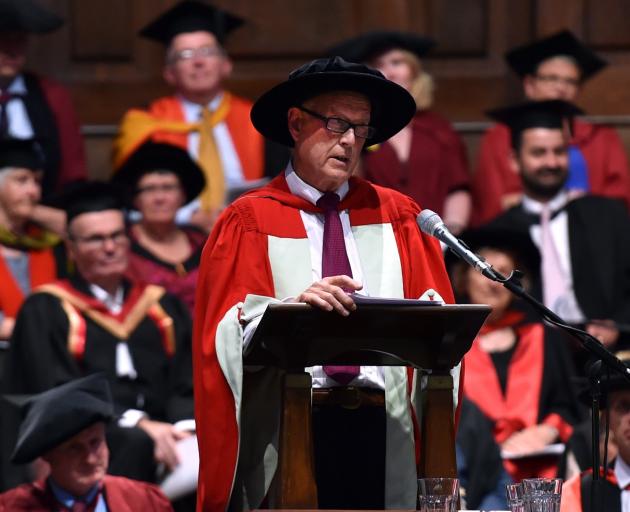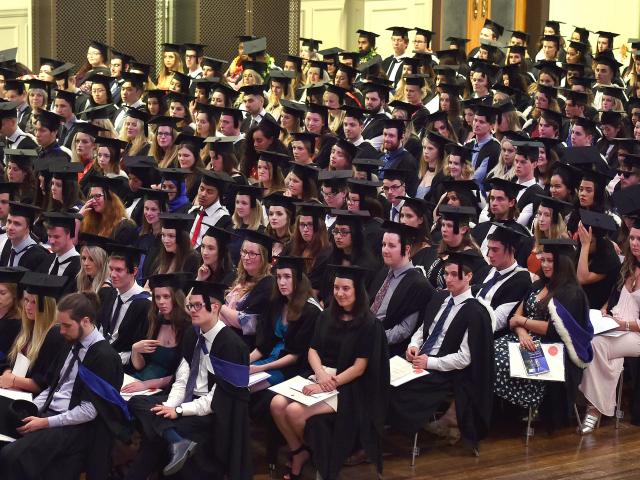
Prof Corballis, of Auckland University, also took issue with widespread misunderstandings of science, in an address to University of Otago graduates at a 4pm ceremony at the Dunedin Town Hall on Saturday.
"Many still see it as inaccessible and remote, and at the same time immoral and dangerous," he said.

Attempts to popularise science were "often accompanied by excessive hype and false promise".
"A claimed breakthrough on mice never quite seems to provide an actual cure for cancer or Alzheimer’s disease."
People should remember that "technology itself is not science", and he emphasised that the enormous success of the technology industries in the United States had been driven by the dedication to basic science.
After World War 2, the US had allowed scientists to perform fundamental research, not controlling them in a political way.
This basic science helped drive not only the economy and the advance of technology, but also a sense of enlightenment and intellectual wellbeing.
Even New Zealand’s primary support for basic research, the Marsden Fund, was designed for "short-term projects and what we call innovation".
This word was "mostly redolent of exaggerated but empty promise", and real science "takes time and patience".
Prof Corballis had never studied at Otago University but had once been an external adviser for the appointment of Prof Graham Goddard — a friend from his time at McGill University, in Canada — as head of the Otago psychology department.Prof Goddard’s appointment had laid the groundwork for the department becoming world-renowned in psychology and neuroscience, Prof Corballis said.
The department had also provided Otago University with vice-chancellor Prof Harlene Hayne, who was also a "distinguished scientist". In an earlier, 1pm, capping address, Otago School of Physical Education, Sport and Exercise Sciences dean Prof Douglas Booth said individual academic achievement was, paradoxically, "invariably grounded in relationships".
Although the graduates had been ranked and rewarded by the university as individuals, their partners, friends and family, and university staff had also provided key support.
"Good relationships are what give life its fullest and truest meaning."
Prof Booth emphasised that graduates should also "retain doubt".
The theories, practices and beliefs of any age were precisely that, and knowledge itself was "neither absolute nor inviolate — it changes".
He also urged graduates to be wary of those who never express doubt and those who "claim they have the answers and those who insist that the evidence supports them".












